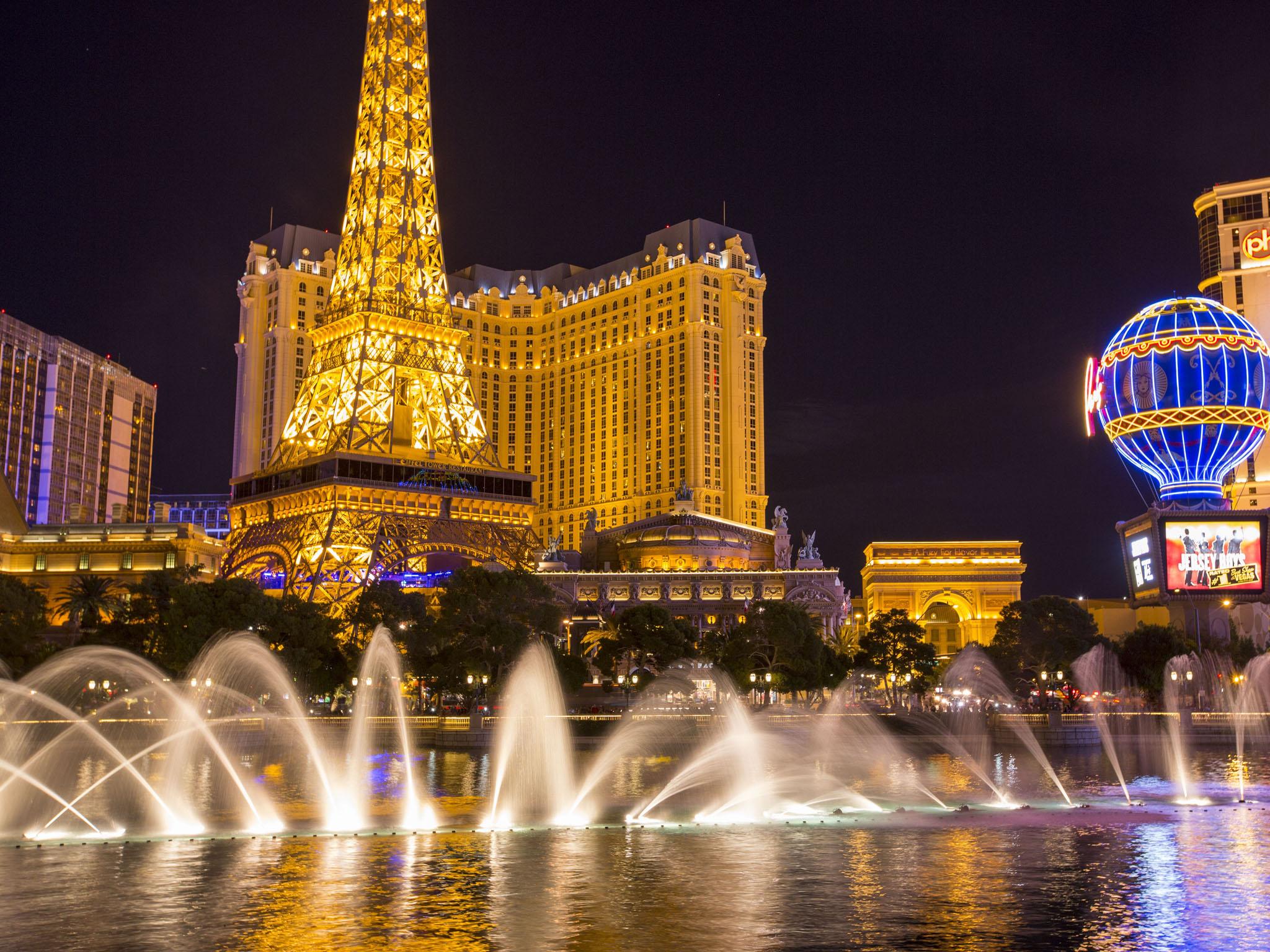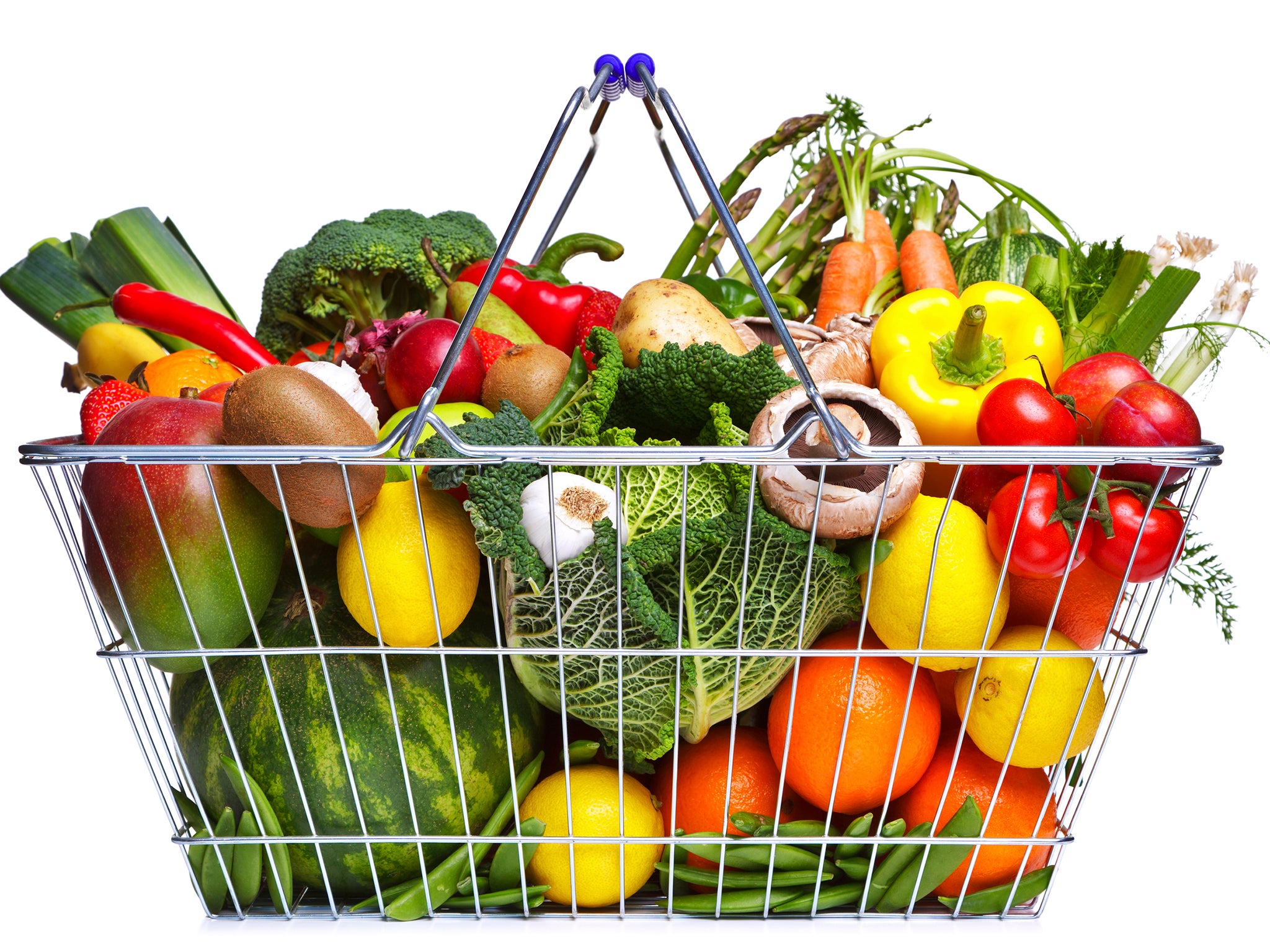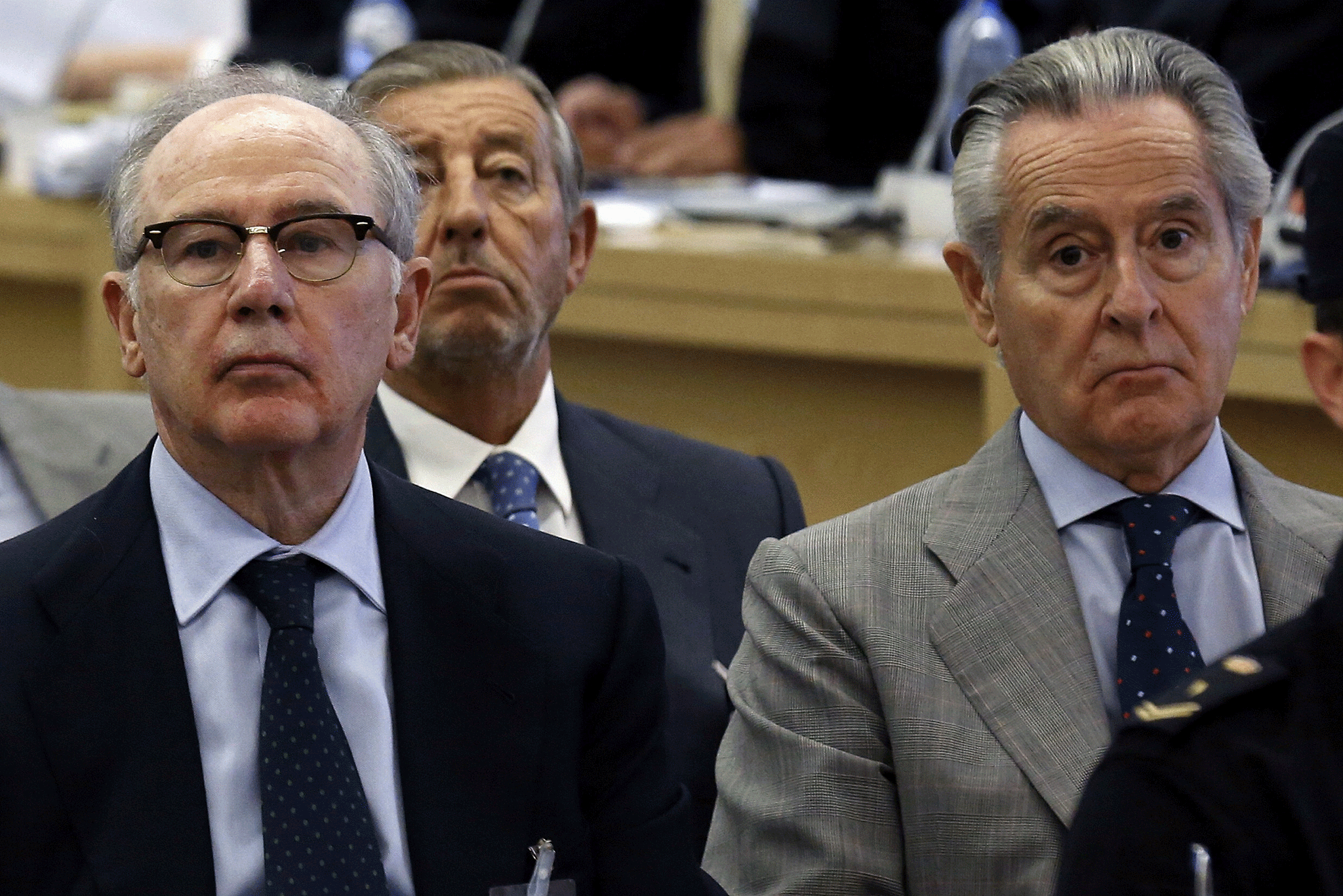Casino capitalism, inflation, French tourism: Business news in brief, Wednesday 5th October, 2016
Billionaire investor accuses central banks of turning global markets into a casino; consumers unaware of Brexit price hikes in store; French tourism companies call for special police force.

Central banks have turned markets into casino, says Gross
Global central bank policy makers have turned world financial markets into a casino, thanks to their unprecedented monetary policies, one of the world’s most revered investors warned on Tuesday. In his latest investment outlook titled “Doubling Down”, Bill Gross of Janus Capital said: “Our financial markets have become a Vegas/Macau/Monte Carlo casino, wagering that an unlimited supply of credit generated by central banks can successfully reflate global economies and reinvigorate nominal GDP growth to lower but acceptable norms in today's highly levered world”.
Gross, who oversees the $1.5bn (£1.2bn) Janus Global Unconstrained Bond Fund, recommended Bitcoin and gold for investors who are looking for places to preserve capital. “At some point investors – leery and indeed weary of receiving negative or near-zero returns on their money, may at the margin desert the standard financial complex, for higher returning or better yet, less risky alternatives,” Mr Gross said.
Mr Gross has been lambasting ultra-loose central bank policies for hindering global economies by keeping so-called “zombie” corporations alive and inhibiting “creative destruction”. For several years, he and others have warned that zero and negative interest rates not only fail to provide an easing cushion should recession occur, but they destroy capitalism’s business models. “A commonsensical observation made by yours truly and increasing numbers of economists, Fed members, and corporate CEOs would be that low/negative yields erode, and in some cases destroy, historical business models which foster savings/investment and ultimately economic growth.”
He added: “Our argument is that NIMs [net interest margins] for banks, and the solvency of insurance companies and pension funds with long dated and underfunded liabilities, have been negatively affected and that ultimately, the continuation of current monetary policies will lead to capital destruction as opposed to capital creation.”
Reuters
British consumers face Brexit-driven price shock

Any British shoppers tempted by Apple’s new iPhone will have to dig deeper into their pockets after June's Brexit vote, as the US tech giant raised the sterling price by £60 when the model went on sale on 16 September. The 11 per cent price rise for Britons almost exactly matches the amount by which the pound had fallen against the dollar since the Brexit vote.
On Tuesday, sterling slid to a new 31-year low, meaning many other retailers are likely to follow Apple, putting a dampener on five years of solid growth in consumer spending that has powered Britain’s recovery since the financial crisis. But few consumers seem aware of what is coming, according to one survey of household expectations. Higher inflation could reduce growth in household spending to just 1 per cent next year, the Bank of England has said.
“We know there is a big inflation shock coming from sterling’s depreciation, so it looks like households’ real income will grow only very modestly next year,” said Samuel Tombs, chief UK economist at Pantheon Macroeconomics.
Associated British Foods, which owns Primark, told Reuters it intended to absorb the higher cost of imports through its profit margins, to maintain its position as a bargain destination. By contrast, fashion chain Next said it would pass on higher costs to consumers, by 2017 when hedges it took out against currency weakness expire. Next – one of Britain's biggest clothing retailers – has estimated that the weaker pound will push up its costs by 5 per cent next year if it cannot find cheaper suppliers. Firms across Britain will have to make similar choices. The average cost of imported goods in August was 7.6 per cent higher than a year earlier, the sharpest year-on-year rise since 2011.
Reuters
French tourism companies want special police force

France’s tourism sector on Tuesday urged French authorities to set up a special police force in Paris to fight criminals targeting tourists as safety fears curb the number of visitors to the French capital. Foreign tourist arrivals to France could fall 4 to 5 per cent this year, following Islamic militant attacks and repeated robberies against Asian tourists, warned Alliance 46.2, a group representing firms that rely on foreign visitors. Its members include department store chain Galeries Lafayette and holiday group Club Med and AccorHotels.
“The image of France has deeply deteriorated and it’s likely that 2017 will still feel the impact. The recovery may therefore be long,” it said. An armed robbery against reality TV star Kim Kardashian on Monday only exacerbates the situation. The decline in visitor figures, if confirmed, would be the steepest in 40 years and put up to 30,000 jobs at risk in the struggling French tourism sector, the statement said.
Foreign tourists have avoided France since Islamic State gunmen killed 130 people in an attack in Paris last November. In July, a gunman drove a truck into crowds celebrating Bastille Day on 14 July in the Riviera city of Nice, killing 86. Repeated robberies against foreign tourists, notably Asian tourists, have also added to safety worries, Alliance 46.2 said. The tourism sector represents 7 to 8 per cent of France’s gross domestic product and employs about 2m people.
Reuters
BP’s Clair oilfield still shut following leak

BP’s Clair offshore field near the UK’s Shetland Islands is still shut following an oil leak. BP, which operates the field, said it wants to be “completely certain” the technical issue that caused the leak on 2 October has been resolved before restarting, so production will remain offline as it investigates. About 95 metric tons of oil, or fewer than 700 barrels, was released into the sea from the Clair platform in a leak that lasted less than an hour, BP said in statement on Monday. The field produced an average of 20,000 barrels a day in the past year, according to data from the UK Oil and Gas Authority. More than 4m barrels of oil escaped into the Gulf of Mexico in 2010 following an explosion on Transocean’s Deepwater Horizon rig, which was drilling a well for BP, costing the company $61bn (£48bn).
Bloomberg
Spain’s ex-IMF boss denies wrongdoing in bank card trial

Rodrigo Rato, a former head of the International Monetary Fund, has told a court he believed a Spanish bank corporate credit card he allegedly misused formed part of his salary and was legal. Mr Rato was answering prosecution questions for the first time on Tuesday in a trial in which he and 64 others are accused of fraudulent administration and misappropriation of Bankia bank funds by using “opaque” credit cards for irregular and undeclared expenses between 2003 and 2012. Prosecutors are seeking a four-year jail term for Mr Rato, 67, who headed Bankia between 2010 and 2012. The bank had to be bailed out later. Mr Rato was IMF chief from 2004 to 2007 and a leading figure in Spain’s acting ruling Popular Party from 1996 to 2004.
AP
Telecoms giant Ericsson axes 3,000 jobs
Ericsson is to cut 3,000 jobs in Sweden and downsize operations as part of a 9bn kronor (£820m) cost-cutting drive.The Swedish company said the cuts will fall in its research and development, sales and administration departments. It employs 16,000 people in Sweden. Ericsson said in a statement that the changes are required in response to “technology shifts” and to secure the group's “long-term competitiveness”.
Chief Jan Frykhammar added: “Ericsson is going through a large transformation. We continue to have a strong focus on research and development, and most Ericsson employees work in software development and services, rather than hardware production. The measures are necessary to secure Ericsson’s long-term competitiveness as well as technology and services leadership.”
Bloomberg
Krispy Kreme buys back UK business
Krispy Kreme Doughnuts has agreed to buy the brand’s UK business from its private-equity owner, consolidating ownership on both sides of the Atlantic. Closely held Krispy Kreme will make the purchase from private-equity firm Alcuin Capital, which cancelled a planned initial public offering of shares in the British doughnut baker. The companies didn’t disclose the price in a statement on Tuesday, but a person familiar with the matter said it was in the same range as the scrapped IPO, which was expected to value the business at £187m to £212m. The deal consolidates the doughnut brand’s operations after JAB, an investment vehicle of the Vienna-based Reimann family, acquired the US operations earlier this year. JAB has a portfolio that includes Keurig Green Mountain, Caribou Coffee, Peet’s Coffee & Tea and other breakfast and fast-food brands.
Bloomberg
Carillion wins £350m Nationwide contract
Support services firm Carillion said it had signed a seven-year contract to provide facilities management services to Britain’s biggest customer-owned lender, Nationwide Building Society. Carillion, which maintains railways, roads and military bases in Britain, said the contract worth about £350m could potentially be extended for a further three years. As part of the contract, which started at the beginning of this month, Carillion will provide facilities management and workplace services for Nationwide’s headquarters in Swindon, its 15 corporate offices, critical data centres and 700 retail branches in the UK.
Reuters
Samsung BioLogics may raise $2bn in South Korean IPO
Samsung BioLogics, a contract manufacturer of biotech drugs for global pharmaceutical firms, said on Tuesday its initial public raising could raise up to $2bn (£1.6bn) in an offering set to be South Korea’s third largest IPO. Samsung, under new de facto leader Jay Y Lee, has been keen to strengthen its biopharmaceutical businesses as the smartphones-to-construction business empire hunts for new sources of growth. The offering is primarily aimed at funding an ambitious expansion in production capacity to make BioLogics the world’s largest contract manufacturer of biotech medicines. It will also funnel more resources to unlisted unit Samsung Bioepis, which aims to beat rivals to market with its lower-cost copies of some of the world’s top-selling biotech drugs called biosimilars.
Bloomberg
Join our commenting forum
Join thought-provoking conversations, follow other Independent readers and see their replies
Comments